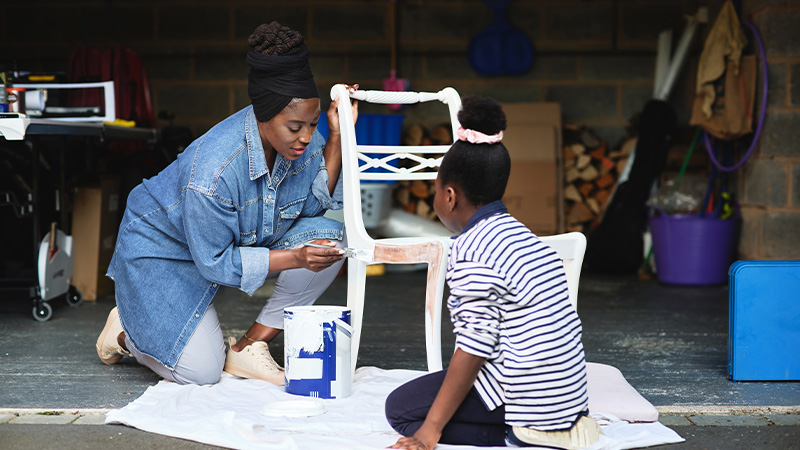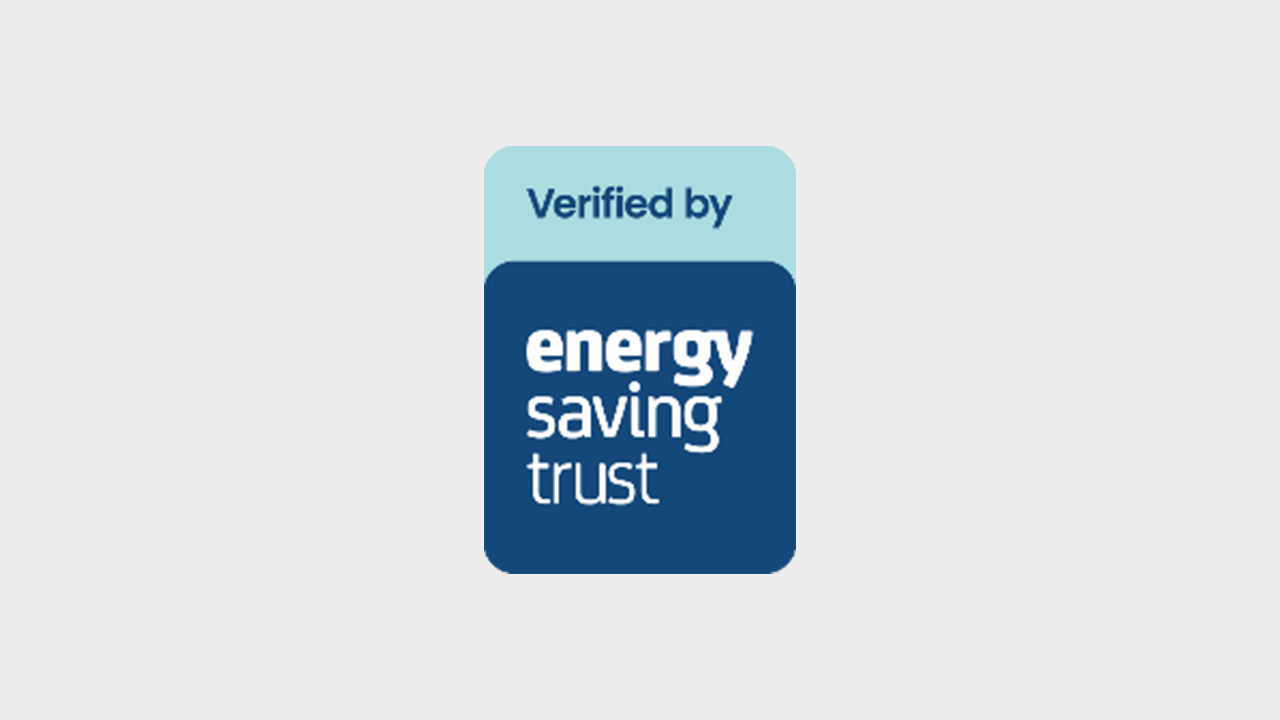
Here are some things you can try:
According to the Office for National Statistics (ONS), UK households waste 6.6 million tonnes of food each year, with households losing an average of £60 each month by throwing away food.
Creating a weekly meal plan could help you save money. By knowing what you’re having each day, you’ll only need to buy the necessary ingredients. You can then label any leftovers to eat later and reduce waste.
Here are some other tips to avoid food waste:
According to WWF, 8 million tonnes of plastic litter the oceans each year. Single-use plastics (eg water bottles and food containers) are some of the worst offenders. In England, Wales, and Northern Ireland, the overall recycling rate for these plastics is an estimated 29%. However, we can give plastic another life by recycling correctly.
For example, WWF recommend washing glass jars and using them to store things like teabags or leftovers. This saves glass from going to landfill and could save you from buying new storage containers.
According to the Energy Saving Trust (EST), 53.6 million tonnes of electronic waste was produced globally in 2019. By keeping an old phone or repairing a broken gadget, we can prevent electronics from being sent to landfill.
If you’re buying a new gadget, you can sell your old one second-hand to prolong its life. If your gadget is beyond repair, you can search for a recycling unit that accepts electronics. EST points out that we only recycle 20% of electronics, and increasing this percentage could reduce our carbon emissions.
Many coffee shops encourage customers to bring their own cups in exchange for a small discount. Not all single-use cups are biodegradable, so you can reduce waste by bringing your own.
A reusable cup could reduce your carbon footprint and potentially save you some money through coffee shop discounts. Similarly, using a bag-for-life can stop you from spending money on a new single-use plastic bag.
Visit WWF for more tips on how to reduce plastic waste. The Energy Saving Trust also has information on how to be part of the solution to plastic pollution.
Think about your needs versus wants and whether you’ll use the item you’re buying over the longer term. According to WWF, avoiding fast fashion, for example, could help reduce the throwaway culture and the amount of textile waste going to landfill.
Instead of throwing away old furniture, you can sell them and potentially claim some money back. You can also buy good quality second-hand pieces, which may cost less than buying new furniture.
Many online tutorials show you how to fix appliances and furniture when they break. WWF highlights the 3 positives of upcycling your furniture:
You can also visit WWF: Ways to help our world on a budget for inspiration on what you can do.

Energy Saving Trust is an independent organisation dedicated to promoting energy efficiency, low carbon transport and sustainable energy use to address the climate emergency.
This article was last updated on 16/02/2026, 04:50